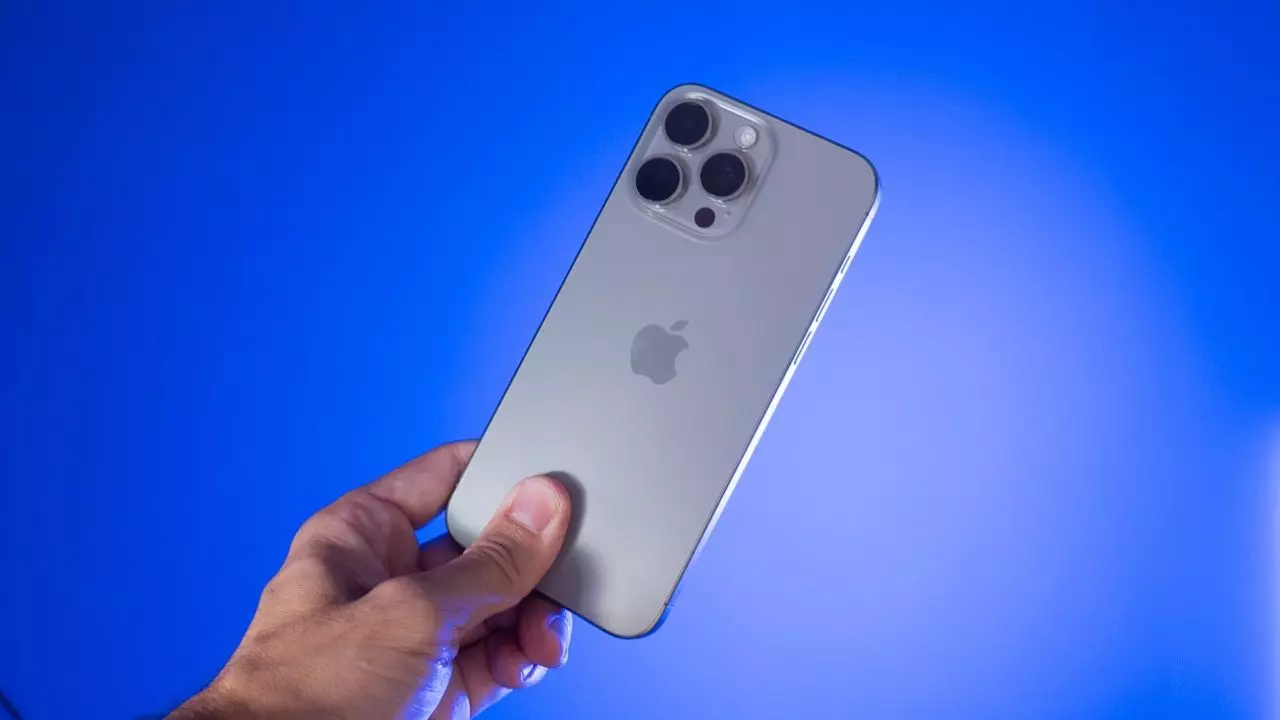For a considerable period, I’ve resisted the idea of purchasing iPhones, and over time, my list of reasons has only expanded. In a market filled with excellent phones at increasingly competitive prices and flagship models offering a multitude of features, shelling out over 1000 euros, and sometimes even nearing 2000 euros, for an iPhone doesn’t seem justifiable, especially when several limitations come into play. Additionally, I’m not inclined to settle for reconditioned models or devices from previous years, as the trade-off doesn’t seem worth it.
However, it’s important to note that the price is not the sole deterrent when it comes to iPhone purchases. In fact, it might not even be the most significant factor. Several other considerations have weighed on my decision, which I believe are essential for prospective iPhone buyers to ponder. Let’s delve into these aspects that have contributed to my preference for other options over iPhones.
Competing Phones Offer Superior Cameras

While iPhones have long been renowned for their photography capabilities, it’s undeniable that other smartphones now surpass them in this regard, often at more affordable price points. These alternatives boast higher resolution cameras, a multitude of features, and cutting-edge technology. Notable contenders include the Samsung Galaxy S23 Ultra and the upcoming 24 Ultra model. Additionally, Google’s latest models feature impressive cameras with unique AI-powered photography functions.
If your primary goal is to capture exceptional photos and videos, day or night, you’ll find numerous alternatives that may outshine the iPhone in this aspect. While iPhones undoubtedly produce excellent photo and video quality, there are other options to consider.
Limited Customization
One of the significant attractions of Android phones, which can vary depending on the brands and models, is the extensive customization options they offer. In contrast, Apple devices are relatively limited in this regard. If personalizing your phone to suit your preferences is a priority, other smartphone options will likely be more appealing, as customization is a crucial aspect for me.
Moreover, the complexity and potential risks associated with rooting an iPhone present another drawback. While it’s possible to root an iPhone, the process is intricate, requiring extensive knowledge and posing security risks. This contrasts with Android devices, where rooting is more straightforward, with brands like Xiaomi and Samsung offering easier methods.
Limited App Compatibility
One of the notable limitations of iPhones is the restriction to install only applications available in the App Store. While this restriction exists to ensure security, it can be a significant hindrance for many users. Some applications may not be available in the Apple App Store, making it impossible to download them. This limitation becomes particularly frustrating when we have a specific app in mind that’s only accessible via APK installation.
Although some APKs can pose security risks, not all are harmful, and some may offer unique features or functionalities that are unavailable through the App Store. Being unable to install them due to incompatibility with Apple’s operating system can be a significant drawback.
In summary, my decision to avoid iPhones is based on a combination of factors beyond just pricing. While iPhones have their merits, these considerations have led me to explore alternative smartphone options that better align with my preferences and requirements.

